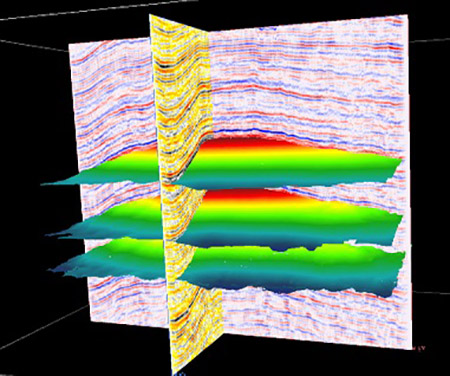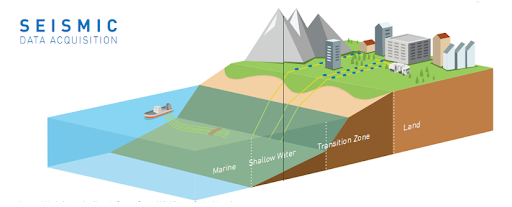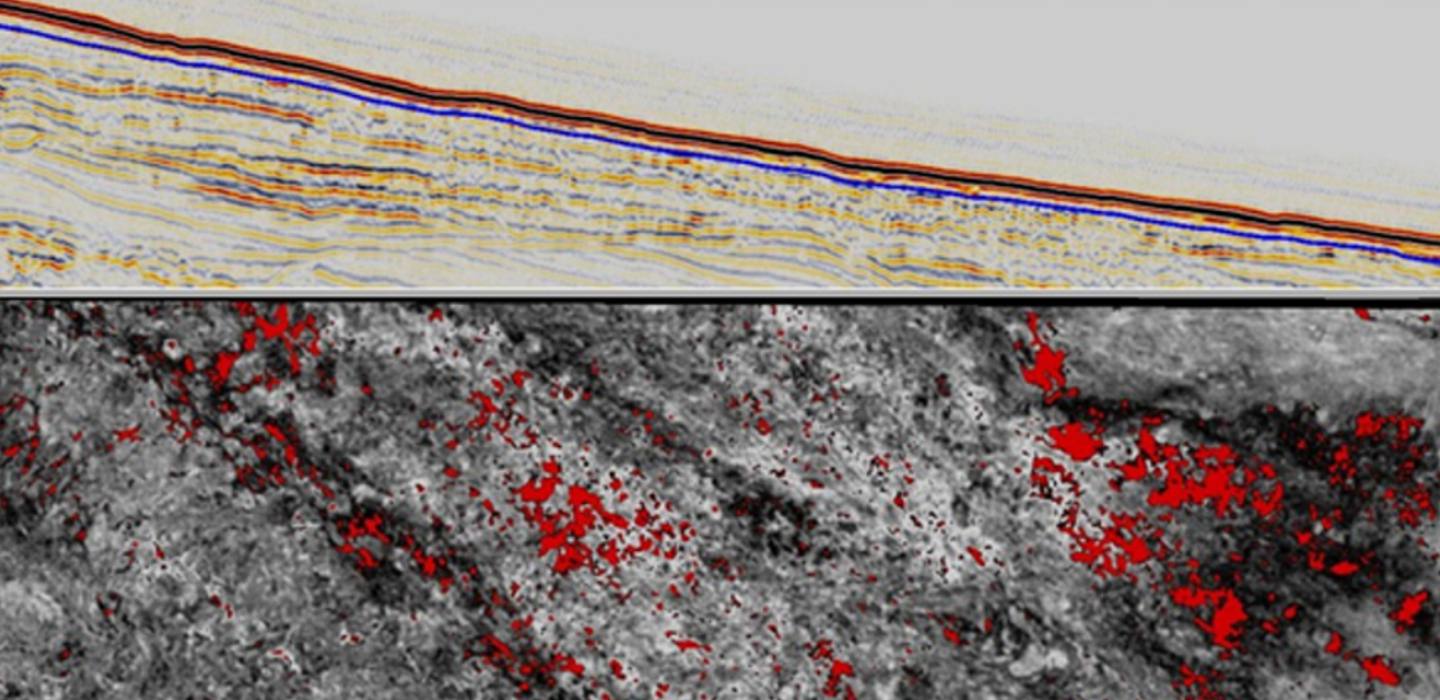

By the end of this CDGA training course, participants will be able to:
Geologists, Geophysicists, Reservoir Engineers, Production Engineers, Petro physicists, Petroleum Engineers, Drilling Engineers, Field Development Engineers, Managers, Asset Managers, Oil & Gas Engineers, Reservoir Operators, Surveillance Engineers, Technicians, Engineering Trainees, Technical Managers, Technical Assistants, Technicians, Chemists, Physicists, Technical Supervisors, Service Company Personnel responsible for improving the performance of petroleum reservoirs, experienced subsurface professionals from other disciplines who require a working knowledge of seismic interpretation techniques
Introduction
Structural Interpretation
Stratigraphic Interpretation
Colour and Phase
Reservoir Identification
Attributes
Reservoir Evaluation
CDGA attendance certificate will be issued to all attendees completing minimum of 80% of the total course duration.
| Code | Date | Venue | Fees | Register |
|---|---|---|---|---|
| DE160-02 | 03-05-2026 | Dubai | USD 5450 | |
| DE160-03 | 27-07-2026 | Istanbul | USD 5950 | |
| DE160-04 | 18-10-2026 | Doha | USD 5450 |

O&G exploration is a series of capital-intensive activities, where data results are continuously affecting succeeding operations from the onset. It is only necessary that even from the initial stage o ...

Many of our technologies are unique and patented, and offer more and detailed information from your reservoir, enabling you to make better informed, more appropriate and more accurate drilling decisio ...
Providing services with a high quality that are satisfying the requirements
Appling the specifications and legalizations to ensure the quality of service.
Best utilization of resources for continually improving the business activities.
CDGA keen to selects highly technical instructors based on professional field experience
Since CDGA was established, it considered a training partner for world class oil & gas institution
3012, Block 3, 30 Euro Business Park, Little Island, Co. Cork, T45 V220, Ireland
Mon to Fri 09:00 AM to 06:00 PM
Contact Us anytime!
Request Info